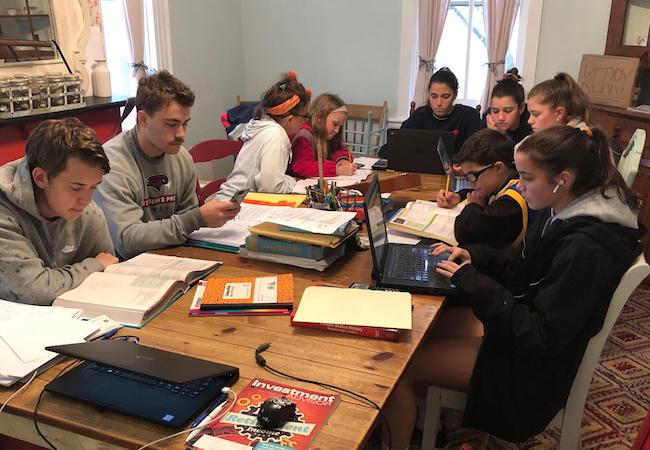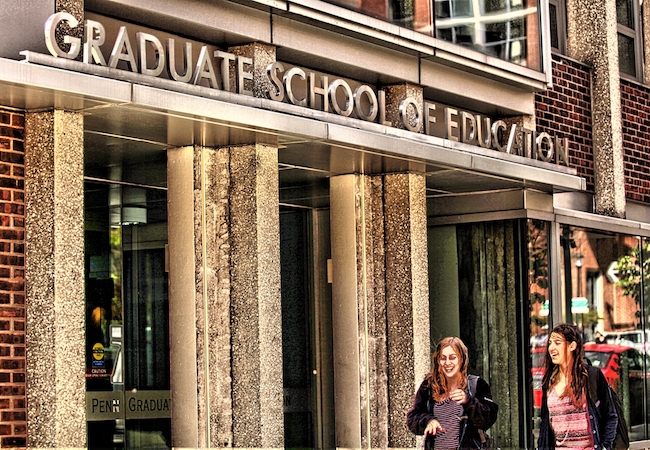Penn GSE News Archive
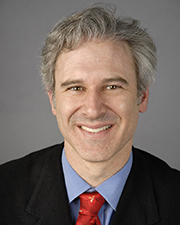
Students might have to take college admissions tests at home this fall
“That’s a big privacy issue, both to lock down your computer and to put some kind of client on your computer to be able to do that," Jonathan Supovitz said.
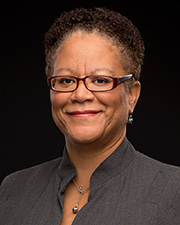
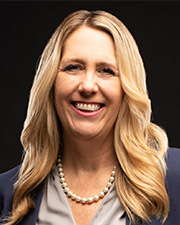
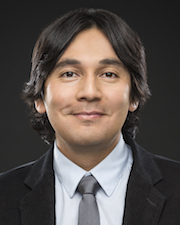

Colleges Can Help Win the War Against COVID-19
Peter Eckel and Turab Rizvi write that higher education institutions are well positioned to lead efforts beyond campus borders by advancing experts and their expertise, sharing excess capacity, and supporting community needs.

The bailout is just the start: Why higher ed needs to build a sustainable model
Robert Zemsky said that “dislodging events,” such as COVID-19, can force needed changes in education.
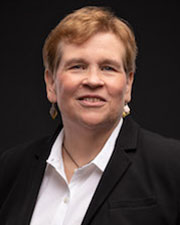
College sports will be hit hard, and will not be the same economically after the coronavirus
Karen Weaver talks through the ramifications of the coronavirus pandemic on college athletics departments.

Will Coronavirus Close Your College for Good?
For 20 percent of institutions, this may be an existential moment, says Robert Zemsky.
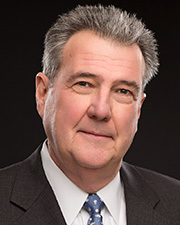
QS IGAUGE: COVID-19, second wind for higher education in India
Alan Ruby said, “There will be a deterrent effect, especially on international students. The choice of destination for study abroad is influenced by perceptions about personal safety. The virus, and the response to it, is a reminder that health services and hygiene standards are not what some students are familiar with.”
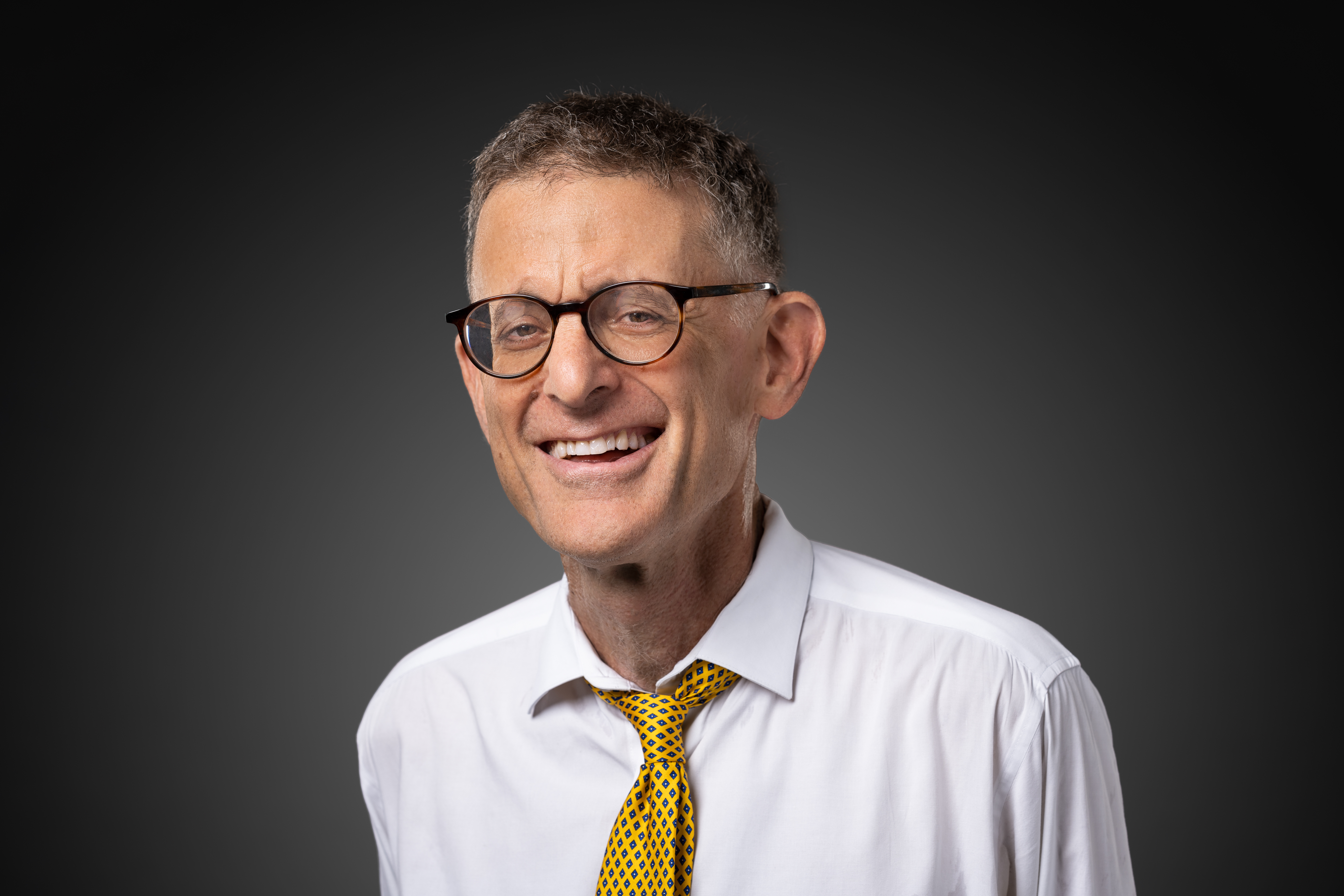
When Schools Shut Down, We All Lose
Jonathan Zimmerman writes, “Schools are always implicated in national crises, always,” pointing to schools’ role selling war bonds during World War I and cultivating victory gardens in World War II. “But in prior crises, they were engaged in the struggle, because it was a struggle against a human enemy rather than a biological one. This is a struggle against a biological one that requires schools not to step up, but to stand down.”



